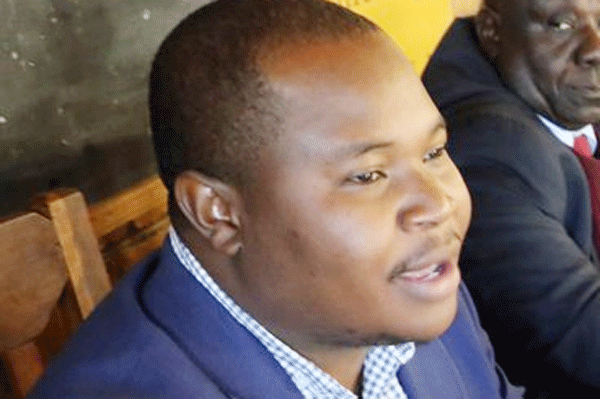
A controversial coal mining project close to the Gwayi-Shangani Dam in Lupane, Matabeleland North, is on the verge of resuming operations despite resistance by some locals.
BY SILAS NKALA
The Environment Management Agency (EMA) stopped mining activities some time ago following concerns that the mine would contaminate water in the dam, which is envisaged to be an integral part of the Matabeleland Zambezi Water Project.
Liberation Mining had also halted operations at its Lubimbi coal mining project pending the resolution of a shareholder dispute, which has remained elusive. Russian investor Vostok Coal Limited through its investment vehicle, IR Trading, filed a court application for local partners to transfer 49% shareholding as agreed to in a certified agreement, a case which is still pending.
The local partners wanted the Russians to first cough up $39 million for the stake.
Locals say the company has since appointed Chief Mabhikwa into its board to avoid scrutiny.
“The appointment of Chief Mabhikwa is meant to coerce the community to support the mining project, which EMA and the community have rejected in favour of the Gwayi-Shangani Dam project,” said a community member, who preferred anonymity.
“We fear that Liberation Mining Limited’s Hankano Coalfield project will fall foul of environmentally friendly mining practices.
- Chamisa under fire over US$120K donation
- Mavhunga puts DeMbare into Chibuku quarterfinals
- Pension funds bet on Cabora Bassa oilfields
- Councils defy govt fire tender directive
Keep Reading
“It is accepted that an area measuring 2,736 hectares, which is part of the Coal and Gas Special Grant, is likely to be affected by the Gwayi-Shangani Dam water throwback causing pollution of the dam water through acid mine drainage.”
The concerned community member said the chief cannot be a board member of a mining company that is at loggerheads with his subjects.
“Previously when EMA visited the site to assess the situation, thugs allegedly hired by the company chased the team away,” he claimed.
However, one of Liberation Mining’s founder members, Rainor Robinson, said Chief Mabhikwa was representing the Lupane Community Share Ownership Trust on the company’s board.
“We have been working closely with the government and the relevant agencies on acid mine drainage so as not to negatively impact the Gwayi- Shangani dam and have agreed a roadmap with Zinwa (Zimbabwe National Water Authority) on an environmental management plan,” Robinson said.
“Our policy is that shareholder issues are discussed and resolved at shareholder level and not through the press.
“The views and concerns of the local communities and other stakeholders were extensively canvassed during the Environmental and Social Impact Study and we are satisfied that the Environment Impact Assessment (EIA) has adequately addressed these issues.
“We have no knowledge of the alleged coercion and have no authority to speak on behalf of the chief.”
Robinson said they were committed to restarting operations as soon as was practically possible, adding that the delays were primarily attributable to the fact that they were awaiting delivery of the coal processing and handling plant from South Africa.
“Unfortunately, Covid-19 restrictions have negatively impacted the manufacturers’ ability to attend to site visits to finalise the civil works required for plant installation,” he said.
“We expect to overcome these challenges before year end and resume operations in the first quarter of 2021.
“We are aware that the Russian contractors that were on site had certain disagreements with EMA officers. But as previously stated we are committed to working with EMA to ensure full compliance with the roadmap they have provided.”
Chief Mabhikwa confirmed that he sits on the board on behalf of the Lupane Community Share Ownership Trust, which he chairs.
But he said he was not aware of the alleged coercion of the community and believes the EIA process was open to everyone and stakeholders had different inputs. Liberation Mining was founded in 2006 by three Zimbabweans, Peter Mutsinya, Robinson and Gavin Von Platen, who entered into a joint venture agreement with IR Trading in 2017, but the parties later fought a legal war in court over shares.










